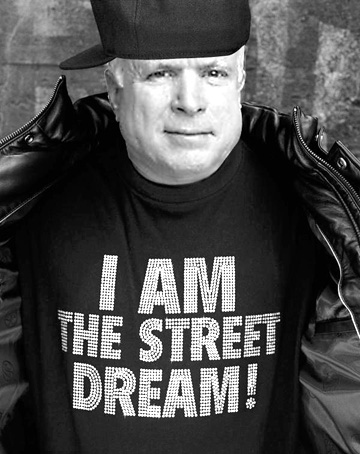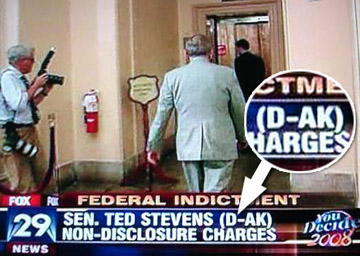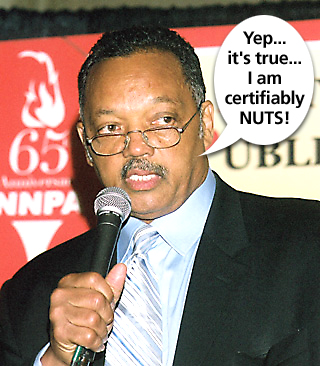Jimmy Carter was right on track
If only we had listened to Jimmy Carter.
Flash back to 1973. Motorists were lined up for blocks at gas stations thanks to an oil embargo in the Middle East. Americans were frustrated and angry. The crisis passed, but the problem did not go away.
In April 1977, newly elected President Carter told the nation, "The energy crisis has not yet overwhelmed us, but it will if we do not act quickly."
Carter ordered a government-wide review to determine how best to marshal the tools of the government to hasten the day when solar and renewable sources of energy would become our primary energy sources.
In 1979 he issued a Presidential Message to the Congress, charting a path to increased reliance on solar energy, renewable resources and conservation, and setting a goal: 20 percent of our energy needs were to be met by solar and renewable resources by the year 2000.
The message envisioned a broad range of measures to reduce the nation's oil dependency. Among them were developing and applying technologies to reduce energy consumption in industry and in the home; wind-generated electricity; biomass fuel sources; and environmentally safe ways to burn and use coal.
If we let cheap oil lull us into inactivity, Carter warned, "we could endanger our freedom as a sovereign nation to act in foreign affairs." He saw our oil addiction as a threat to our national security, and he urged the nation to break free of it.
Carter saw solar power as a key to America's energy independence. Energy from the sun would be clean and safe, and would provide a non-polluting insurance policy against the rising cost of imported oil.
As a demonstration of his commitment, Carter directed that solar collectors be installed on the roof of the White House.
He proposed the creation of a Solar Bank to provide capital at subsidized rates for the development and application of solar technologies.
Congress responded by passing legislation to create the bank.
In 1981, Ronald Reagan moved into the White House. The solar collectors were removed. The Solar Bank was abandoned; when asked when its board of directors would meet, a high administration official said, "Never."
Say what you will about Jimmy Carter but what he had to say then paints a picture of what is happening today in our society.
The saddest part of all of this is that we will be entering into our fifth administration since Carter was in office and now you are seeing the presidential candidates pushing to re-implement what measures Jimmy Carter had already established.
Imagine how much better off we could be today had Reagan continued Carter's plan on energy independence.


